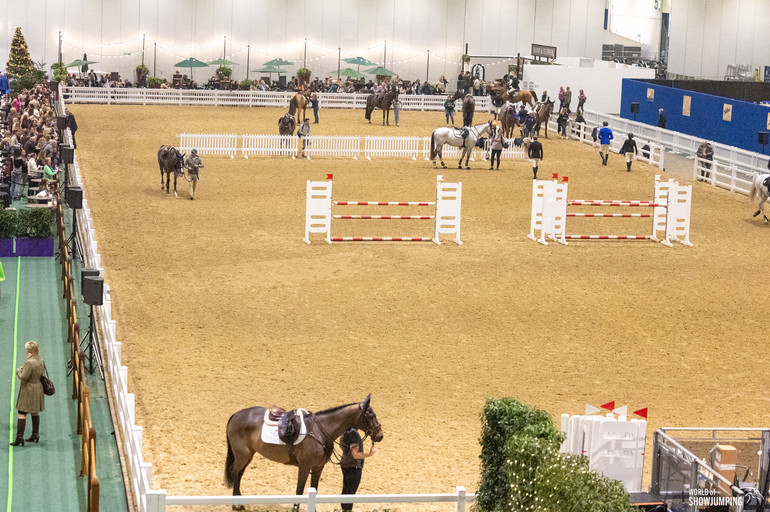On 1 January 2024, the FEI will be launching their Key Event Requirements (KER). The KER will cover all FEI events, and the initial fourteen requirements that have been identified are: Event biosecurity (VR art. 1027 and 1008.11), veterinary services & facilities (VR art. 1007.2), stable cleanliness and disinfection (VR art. 1008.5), stable security & access control (VR art. 1008.13-1008.16), stable size (VR art. 1008.1), stable ventilation (VR art. 1008.6 b)), drinking water for horses in stables (VR art. 1008.6 e)), fire precautions & safety procedures in stables (VR art. 1008.6 f)), stable area circulation (VR art. 1008.6 h) and i)), horse inspection (VR art. 1011.2), medical services (FEI GR art. 109.10.1 and 109.10.3), Field of Play (FEI JR art. 201.2), adequate availability to training/schooling (FEI JR art. 201.3 and 201.8), as well as footing (FEI JR Annex VI).
The KER have been developed as a response to concerns that have been raised about inconsistent standards across FEI events, in particular in areas such as biosecurity, stabling and security. Deciding to investigate, the FEI embarked on consultations with the FEI Technical Committees, national federations through the annual FEI Sports Forum, and via an extensive global stakeholder survey.
FEI’s consultations concluded that although the majority of events provide very good levels of service for athletes, grooms and horses, there is room for improvement, and a more robust system was needed to ensure that critical aspects of event delivery are consistently in line with FEI rules, requirements and general client expectations.
It will be FEI officials assigned to each event who will be responsible for monitoring whether or not the KERs are satisfied, and record this through FEI's post event reporting process. Nine of the fourteen KERs are reported on by the Veterinary Delegate, one by both the Veterinary Delegate and Chief Steward, and the remaining four by Technical Delegates and Foreign Judges depending on the discipline.
Upon submission of such post-event reports, the KER summary report is reviewed. If all KERs are met, the next running of the event is permitted to proceed. If one or more KERs are not met, the FEI Discipline/Veterinary Department will investigate the matter further.
Following FEI’s investigation, formal communication will be sent to the organising committee informing them of the KER(s) that has not been met. The organiser is asked to submit a ‘formal commitment’ outlining how they intend to resolve the issue(s). Once the plan has been accepted by the FEI, the following event is permitted to proceed and can be accepted into the FEI calendar. The host NF is informed throughout the process. Furthermore, relevant FEI officials of the next event are informed of the KER not being met and the agreed plan for resolution.
If the same KER(s) is not met at the following event, any subsequent event is put on hold. In this case the organiser will be required to provide evidence that the issue/s has been resolved before the event will be re-considered for inclusion in the FEI calendar.









